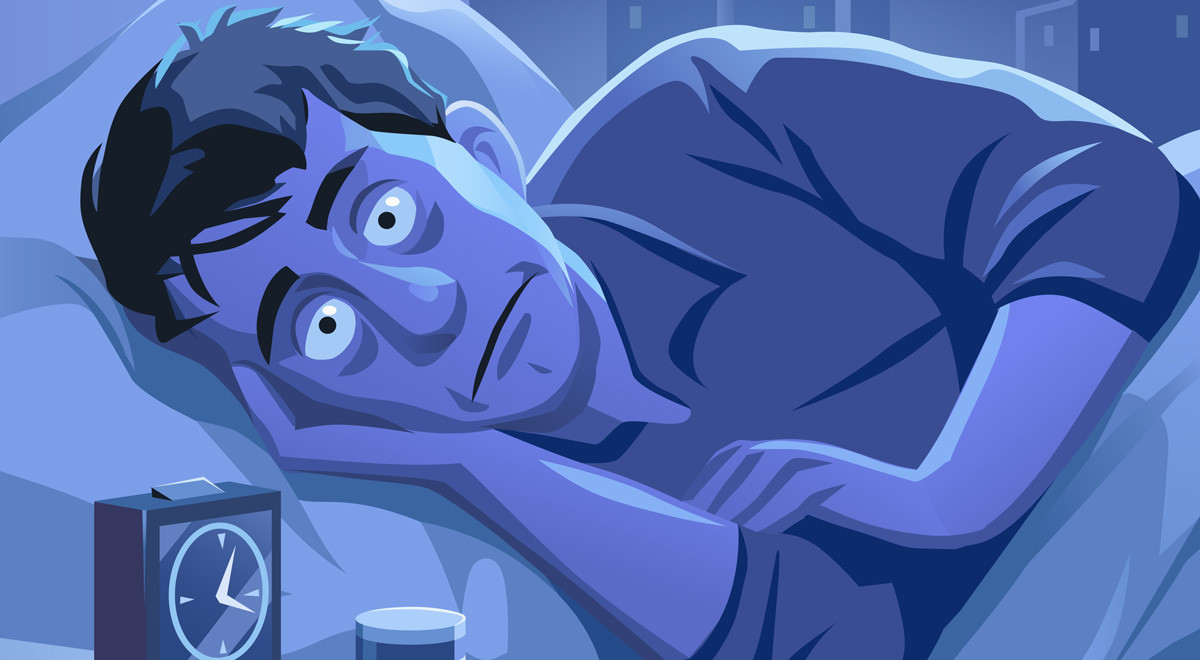Sleep is one of the vital needs of human life. Just as it is impossible to live without eating or drinking, it is impossible to live without sleeping. Sleeping shouldn’t be regarded as a break from being awake. Today, it is accepted that sleeping is an active process and a biorhythm with its unique structure and function. Human beings spend approximately 1/3 of their life sleeping. Sleeping has an active role in the development of the organism, memory and learning processes as well as in resting, maturing and cell repair. The daily sleeping time differs from person to person as a result of the genetic factors. It is known that the sleeping period ranges between 4-11 hours and in adults, it is an average of 8 hours. Sleeping problem is a subjective phenomenon. The amount of sleep a person needs varies.
What are the signs of sleeping problems?
Some people have difficulty in falling asleep, some people can easily fall asleep but they can easily wake up with a little noise and have difficulty in getting back to sleep, some people wake up too early in the morning and have difficulty in getting back to sleep, some people have no problems in sleeping but they still feel tired after waking up, some people complain about never falling asleep.
What can be the results of sleeping problems?
- Feelings of fatigue and anger,
- Hurting other people’s feelings,
- A decrease in physical, cognitive and emotional performance and memory,
- Loss of concentration,
- Headache, irritation in the eyes and blurred sight.
What habits promote a good night’s sleep?
- Pay attention to your sleeping habits and try to determine the amount of sleep your body needs in order to feel rested.
- Try to go to sleep at the same time each night and get up at the same time each morning. So, regulate your sleeping and waking times.
- Avoid caffeine (coffee, tea and coke), nicotine (cigarettes, cigar and shisha) and alcohol before going to sleep as these are stimulants which can keep you from falling asleep.
- Going to sleep with an empty stomach makes it difficult to fall asleep. Try to avoid that.
- Eating food that contains too much carbohydrates and protein can keep you from falling asleep. So, light meals and herbal tea are preferable.
- Have a bath in order to relax before going to bed.
- Get regular exercise during the day.







